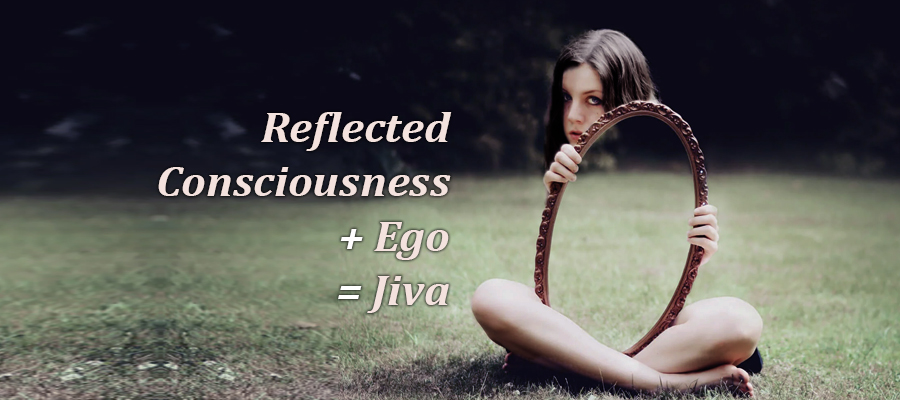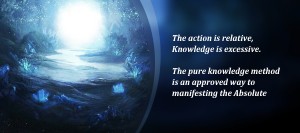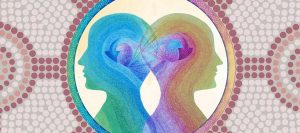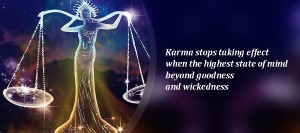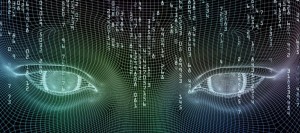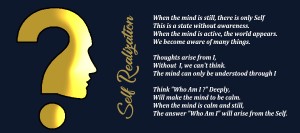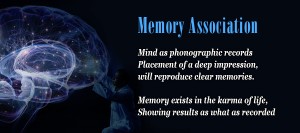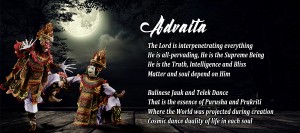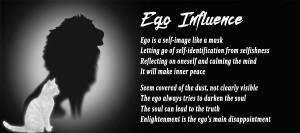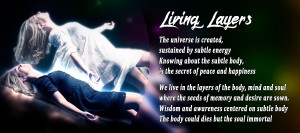The consciousness that we think of our Self, is not pure awareness. What we experience as consciousness is Reflected Consciousness, which is awareness in our mind, and has different names such as Chitchaya or Chidabhasa.
I can move around, do physical action. I can sense and perceive the objects around me – I can see, smell, hear, taste and touch. I can sense the motion of my breath and pulse. I can think, feel, understand and reason out through my mind and intellect. So, ”Yes, I am aware.’
So is this awareness a pure consciousness or what we know as Brahman?
A person with some level of exposure to Vedanta would say ;
‘Yes – I can observe my body, my prana, and even what goes in my mind and intellect, and hence I am aware. This awareness may not be my permanent state, but it is the pure consciousness.’
The Kena Upanishad points out:
It (Brahman) is Known to him to whom it is Unknown; he knows it not to whom it is known. (It is) Unknown to those who know, and Known to those who do not know.
Consider this example, at night when there is no sun, the sky gets lit up with moonlight. We all know and have read in school that the moon does not have light of its own, so how does it light up the sky?
It can do so because the moon has the ability to reflect the light of the sun. The moon reflects the sun’s light and illuminates the night sky with a beautiful moonlight. To an observer, the moon appears as a self-luminous body, but in reality it is not.
Similarly, our minds, though insentient and inert, have the ability to reflect the pure consciousness on account of its very subtle nature, and hence appear sentient.
Now if there is a borrower, there must be a lender. So who can lend consciousness? Only that which is sentient – the Atman, the Self, the Witness, the Pure Consciousness, which is our true self and the non-material principle (Chidrupa).
The mind borrows consciousness from the Atman and appears as sentient or alive. It is on account of this borrowed consciousness that the mind is able to perceive objects through the senses, command the functioning of organs of action (Karmendriyas), think, feel, understand, will, analyse, and so on and so forth. This delimited reflection of the eternal consciousness in the mind-stuff (Antahkaran) is called Reflected Consciousness (RC). The Reflected Consciousness assumes a reality to itself and develops a notion of “I” and is called the ‘Jiva’. Thus the Jiva is a label given to consciousness, defined by the principles constituting individuality. It denotes the embodied being limited to the psychological and physical states.
The basis of the Jiva is Brahman, which is the substratum of all creation, but the arrogation of reality to itself by each form of the reflected consciousness becomes responsible for the notion of the ‘I’ in everyone. The Jiva, tremendously influenced by its perception of objects and through repeated mental conditionings, confers an objective reality to this world. Perception, inference, doubt, sleep, memory, and the forms of error such as ignorance, egoism, likes, dislikes and the fear of death together with an intense love for life, are the principal psychological associations of the Jiva.
Let us understand this with an example of a mirror. A mirror, as we know, is a reflecting surface. When you see yourself in the mirror, what you see is a reflection of your true self. Your mind, in a similar way, acts as the reflecting medium just as the mirror, and reflects ‘You’, the pure consciousness or Brahman. The reflection of Brahman is the Reflected Consciousness or the Jiva which just appears as sentient, but in reality is not. You as the subject, the Atman, the witness, can never see your original self, but only your reflection which forms in the mind, just as eyes can see everything except themselves.
Though the Jiva appears as the subject, the seer, the experiencer, it is not really the metaphysical subject. It is a limitation (Pariccheda) as well as a reflection (Abhasa) of Brahman. As restricted to the body, the senses, and the mind, it is Parichhinna or limited, and as an image of the highest consciousness, it is an Abhasa.
Jiva is an object from the point of view of the Atman – for its existence is solely dependent on the Atman. It takes up the nature of mind, and so the experiences of Jiva are nothing but the feelings and the modes of the mind. Even the experiences that one has during meditations are nothing but an object of experience. The seer can never become the seen, the experiencer can never become the experienced, the subject can never become the object, and hence the Upanishads say,
One who says he knows Brahman, he knows not.
Brahman cannot be experienced for if it is experienced it becomes an object and there is someone who is now experiencing it, and so, one has to go beyond the faculty of mind to realise Brahman. It is like deep sleep – one who says I am sleeping is not really sleeping.

